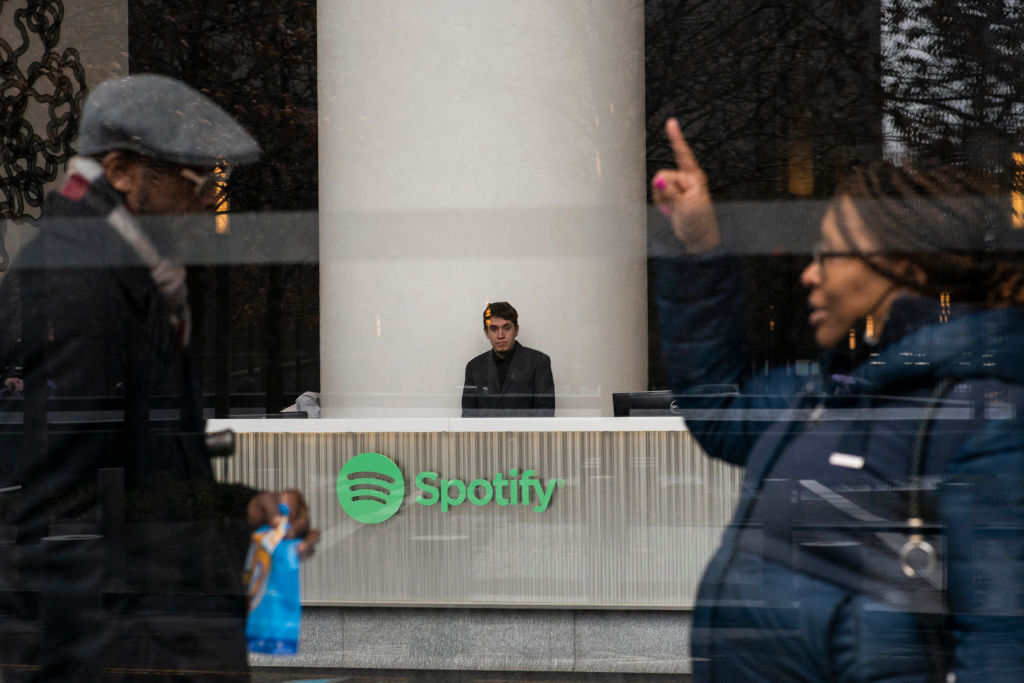It appears as though Spotify would like to improve how it supports musicians.
On Nov. 21, the music streaming service announced new policies set to further support upcoming and established artists, according to a blog post.
Under Spotify’s updates, the company claims it plans to work alongside artist distributors, independent labels, major labels, label distributors, artists and their teams for better payment distribution.
Spotify estimates the efforts will lead to seven figures in revenue within five years for musicians on the platform.
“While each of these issues only impacts a small percentage of total streams, addressing them now means that we can drive approximately an additional $1 billion in revenue toward emerging and professional artists over the next five years,” Spotify’s blog post wrote.
The track monetization eligibility begins in early 2024. The blog post notes that for a song to be eligible to generate recorded royalties, it must have hit a minimum of 1,000 streams in the past 12 months.
“Spotify will not make additional money under this model,” the company explained. “There is no change to the size of the music royalty pool being paid out to rights holders from Spotify; we will simply use the tens of millions of dollars annually to increase the payments to all eligible tracks, rather than spreading it out into $0.03 payments.”
Outside of helping with distribution, Spotify shared that it will charge labels and distributors for artificial streaming starting in 2024. Additionally, it will enforce new policies that increase the minimum track length of noise recordings to two minutes, which will make the track eligible for royalties.
“It also creates a more fair playing field for artists in these functional genres, by eliminating the perverse incentive to cut tracks artificially short with no artistic merit, at the expense of listener experience,” the blog post reads.


